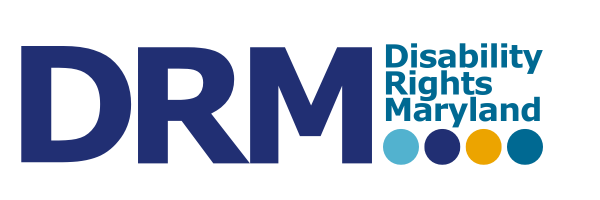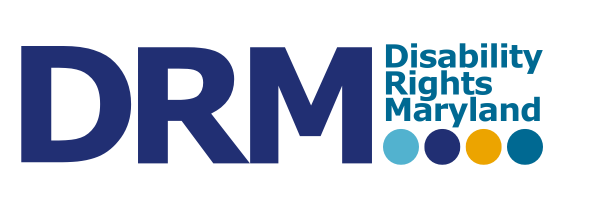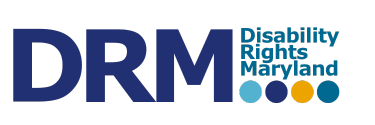
Meet Ross, a creative kid from Baltimore who loves playing basketball. Because Ross has attention deficit hyperactivity disorder (ADHD), his school provides an Individualized Education Program (IEP).
What’s an IEP? It’s a tailored plan for students with disabilities, created collaboratively with the school, parents, and the student.
Throughout elementary school, Ross’s IEP was a roadmap that outlined all the specific supports and accommodations he needed to thrive academically and socially.
Now in middle school, Ross feels a mix of emotions – excited about playing on the basketball team, nervous about fitting in with his new friends, and overwhelmed by the harder assignments.
As he takes on new challenges, he starts experiencing anxiety for the first time.
His academic and social life suffer. His teachers start to complain that he is being “disrespectful” and “acting out” in his classes, and at the end of his first middle school semester, he’s missed a total of 10 days because of suspensions.
Then, Ross receives a 9-day suspension for “disrupting” his class. Ross’s mom suspects his behaviors are related to his disabilities. She reaches out to Disability Rights Maryland to help advocate for her son’s right to a free and appropriate education.
—
After 10 days of suspension, it’s illegal for schools to suspend students if their behavior is related to their disability.
Once a school has suspended a student with disabilities for over 10 days, their school is required to have a meeting to determine if the behavior was a result of their disability.
In Ross’s case, the school had not identified his anxiety and need for behavioral support during his annual IEP meeting. This meant Ross had no tools to manage his anxiety.
A DRM attorney teams up with Ross and his mom to represent Ross at the meeting to determine whether the “disruption” he was suspended for was a result of his disability. The team concludes his behaviors were a result of his anxiety. Ross was entitled to return to school immediately, and did not have to finish out the 9-day suspension.
As a result of DRM’s representation, the school agrees to:
- Provide tutoring hours to make up for the instruction Ross missed while suspended
- Update his IEP to provide additional supports he needs for his ADHD and anxiety
- Conduct a “functional behavior assessment” so that Ross’s team can implement a behavior intervention plan to better support him.
—
In every case, DRM aims to create an impact that benefits more than just one student.
As a result of Ross’s case, the school:
- Implements a more collaborative and inclusive approach to creating and updating student’s IEPs
- Provides additional guidance and training to staff on identifying the changing needs of students with disabilities.
Today, Ross is a starter on his middle school basketball team. He is gaining confidence in the classroom and developing a positive attitude towards learning.
If you want your impact to stretch beyond one student, one family, then contribute to DRM where we focus on changing systems so all children can learn and succeed. Give Today



